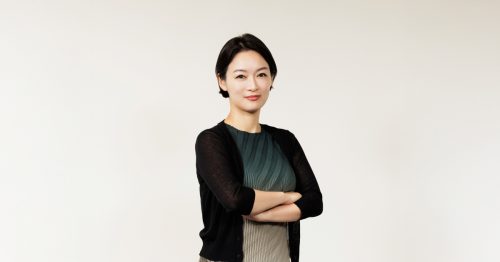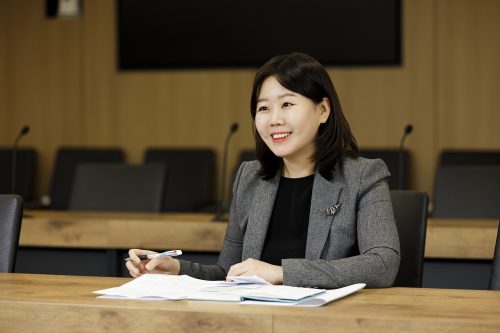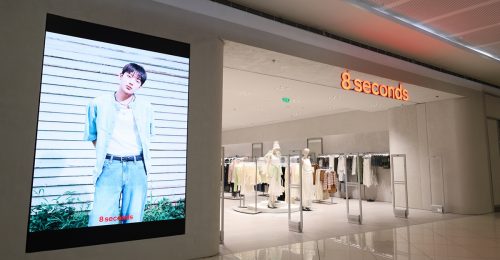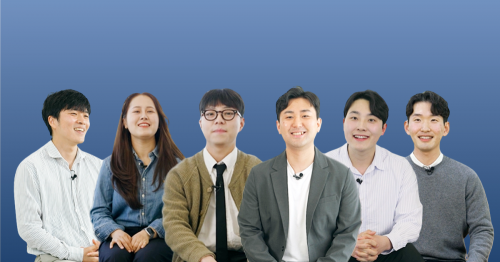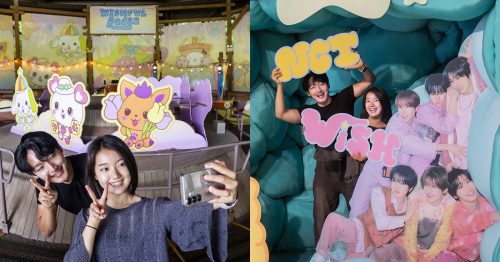This is the second installment in a series of articles profiling the people and the businesses at Samsung C&T’s branch offices around the world. The following story focuses on Samsung C&T’s office in Kuala Lumpur, Malaysia. Please refer to Part 1 for information about Samsung C&T’s office in Milano, Italy.
Established in 1979, Samsung C&T Malaysia, Samsung C&T’s subsidiary office in Kuala Lumpur has a calendar brimming with a variety of events and holidays, which embody the various ethnicities and cultures seen across Malaysia. It finds unity in diversity, celebrating different events such as Ramadan, the Chinese Lunar New Year, and Christmas.
General Manger Too Chiang Tang, the head of the KL subsidiary, believes that his most valuable assets are his employees. Since assuming his post in 2014, Tang has placed great emphasis on how to best make use of the distinct features of Malaysia, including its ethnic diversity and rich natural resources. In other words, how to utilize what’s unique to the country and its workers is something he constantly has on his mind.
Leading the energy business in Kuala Lumpur is General Manager Sun Ho Lee, a rotational employee from the Seoul Office who has been at the subsidiary since 2014. Lee is also a strong believer in acquiring local industry knowledge and using it to enhance partnerships.
Tang and his employees work together in a wide range of businesses from project organizing to supplying and distributing everything from natural gas to coal, and methanol. As one of the few local employees appointed to lead a trading subsidiary of Samsung C&T, Tang has been on a mission to challenge his colleagues and help them reach their full potential.
Using Local Strengths, Embracing Diversity
Tang, who prefers to go by “TC”, highly values local strengths that his staff has built up from continual exposure to the region’s history and culture. He believes these are the assets that make each employee invaluable.
“The core of this issue is substance,” Tang said. “For localization to be successful, the first requirement is to have competent local employees.”
He tries to encourage his colleagues to fully make use of their deep knowledge of local business conditions, cultural norms, and unspoken rules, with the belief that they help move the company forward and draw out people’s hidden potential by arming them with a unique set of tools.
In Tang’s manual for growth, what must go hand in hand with localization is diversity. The KL subsidiary currently has a healthy mix of personnel from different cultural backgrounds including Chinese Malaysians, Koreans, and Malays – many of whom have graduated from local universities and overseas schools.
Given the diverse range of customers and business partners that the office encounters, Tang emphasizes every member of KL must keep an open mind to new projects and new business partners. Only by acknowledging certain differences and accepting them can they use what’s distinctive to them to get ahead.
This is also true when it comes to fostering budding business relationships and maintaining long-term partnerships. A well-balanced understanding of related industries is also key.
“Knowledge about the local and global industry is essential when it comes to building strong relationships with customers and ensuring success in projects. Local knowledge is not just about understanding the culture but also the local industry environment,” General Manager Lee said.
Tang believes by embracing diversity and using local strengths, his office can growth further and gain greater benefits from Samsung C&T’s tight network. A quick snapshot of the KL subsidiary sheds light on Tang’s vision for growth and the aspirations of other team members.
Vision for Growth
Senior Manager Munkin Leong, who oversees the chemical business at the KL subsidiary, has been spearheading operations in methanol sourcing and fertilizer trading among others. He joined the company ten years ago, but he always has his eye on future opportunities.
“I foresee the greater need for interacting on a wider level with our business partners in order to obtain vital business information that can contribute to the corporate office’s overall strategy,” Leong said, explaining how he always sees the KL subsidiary as an extension of the Seoul headquarters.
Out of the office’s staff members, Zabedah – a senior manager in accounts, administration, and marketing – has a shared history of over 23 years with the company. During that time, she was involved in major projects such as building a substation in Malaysia.
When asked what her key skill set was, Zabedah said, “I believe every opportunity will become the best skill set that I have, because potential is hidden everywhere. I always tell myself to be prepared, learn, and grow by challenging myself.”
Senior Associate Akram Bahtiar is a greener employee, having joined only three years ago. But his enthusiasm is nonetheless just as strong.
“What excites me the most about working at a global company like Samsung C&T is the communication and cooperation required to meet the company’s goals for Southeast Asia,” he said.
These sentiments in many ways reflect the next key value Tang believes is integral to building a stronger future for the KL office and other subsidiaries: open communication.
Culture of Open Communication
“In today’s world of connectivity, it’s imperative that we constantly communicate with the corporate office in Seoul to understand its direction and strategies,” Tang said. He explained enhancing knowledge of the business equation in Malaysia and conveying that to headquarters is vital in any project.
For example, in dealing with Malaysia’s mega oil and gas company Petronas, the general manager says his team pushed to gain better insight into the company’s manufacturing and marketing strategies, as well as the activities and operational details of its competitors. By relaying this and producing a synchronized strategy, he believes they were able to create a conduit for rapid expansion into the Vietnamese market.
His efforts to better streamline the subsidiary’s operations with Seoul has also led to great progress among his colleagues when it comes to collaboration and proactive work. He attributes a lot of the improvements to year-round training programs provided by the corporate office for each person at the KL office.
Tang would know. He was part of the Global Assignee program, which offers participants a two-year stay at the Seoul headquarters. Additionally, he took part in the prestigious Global Executive Course, which gave him a firsthand view of overall operations and decision-making at the company’s nerve center.
“It’s important that fellow Malaysian colleagues share important local sensitive issues with the corporate office so that quality transactions that fulfill the needs of our business partners can be carried out,” he emphasized.
Exploring and Expanding
Going forward, the KL subsidiary, in addition to project organizing, plans to continue its expansion into trading methanol, steel, coal, and fertilizer. With Malaysia still in the stages of constructing power plants for electricity in rural areas, Tang says the office will explore new opportunities in that field with potential partners.
When it comes to the energy and resource market, Lee adds taking advantage of price fluctuations will continue to be an important challenge. “Basically, we will need to build new business models when the price is lower and look for sustainable positions when commodity prices climb,” he explained.
Although this road to progress and expansion will no doubt be full of unexpected barriers, Tang believes that by combining local business knowledge with Samsung C&T’s robust global network, the office will be able to make rapid progress in unearthing strong sustainable businesses.




